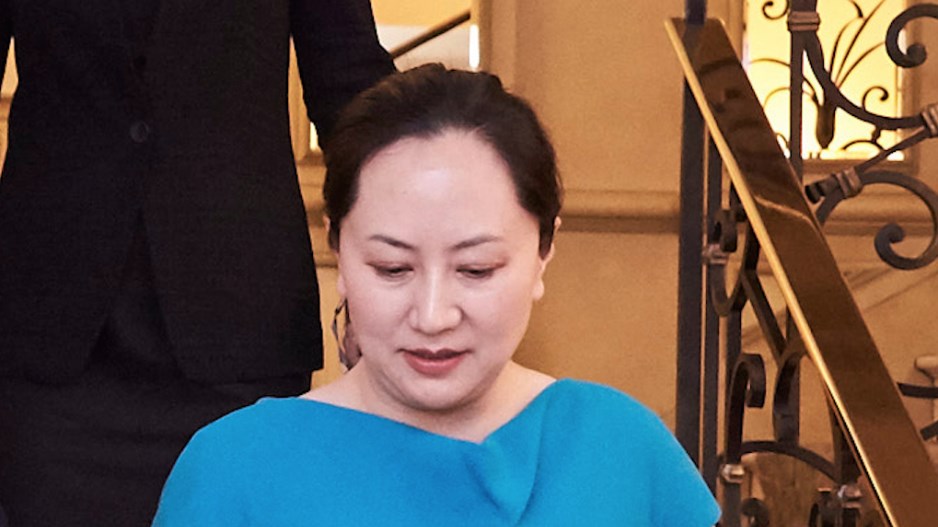Huawei Technologies CFO Meng Wanzhou has lost her bid for a publication ban on new evidence she hopes to introduce in her fight against extradition to the United States, media was informed today.
B.C. Supreme Court Associate Chief Justice Heather Holmes, the residing judge on the case, has not released the reasons behind the decision. However, the Meng defence team and lawyers representing a media consortium of top Canadian news outlets confirmed Meng’s bid – heard earlier this month – has been dismissed.
Meng had indicated the documents came from Hong Kong court and clarifies the relationship between bank HSBC and Huawei, noting that the new evidence – if admitted to the case – would prove that HSBC knew of Huawei’s relationship with a subsidiary operating in Iran.
U.S. officials say that Meng intentionally misled HSBC officials, including during a key meeting in 2013, of Huawei’s relationship with the subsidiary. The misrepresentation led to HSBC continuing its banking relationship with Huawei – exposing the bank to penalties for violating the American sanctions on Iran at that time.
That charge is the main basis of the alleged fraud for which U.S. authorities are seeking to extradite Meng, who was arrested in Vancouver in December 2018 while connecting from Hong Kong to Mexico.
The court will hearing next Tuesday and Wednesday whether or not the new documents from Hong Kong court would be admitted as evidence. Meng had argued that the Hong Kong court released the documents on the condition that Huawei protected the confidential information in the file, thus requiring a publication ban.
The Crown argued, however, that past practices of redacting key names and passages were enough in previously presented evidence – and the rules should be no different for this new set of documents.




